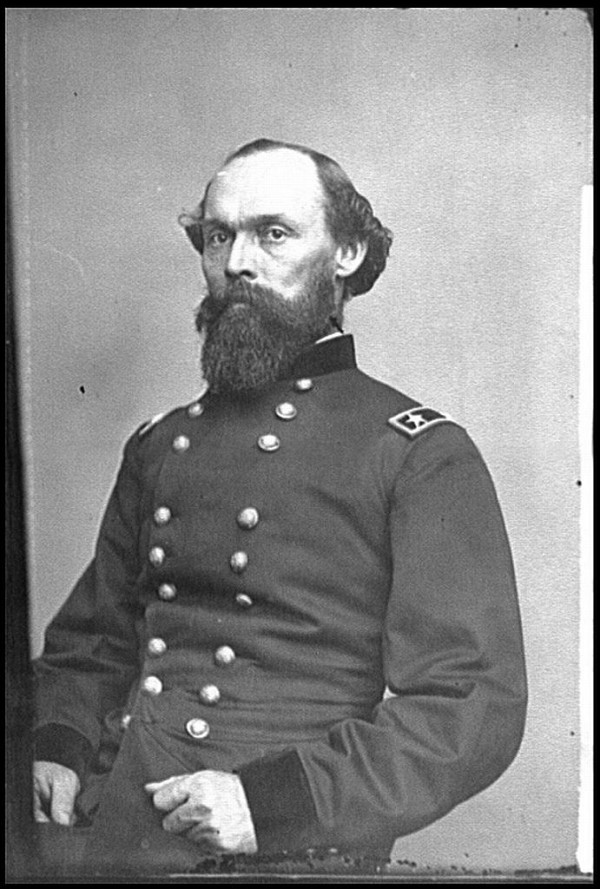
Juneteenth. This is a date, a holiday, once celebrated solely in Texas, and now, a national holiday, carries for me, and, I suspect, for many generational Black Texans memories that include, emotions of pride and joy and love, smells of bbq pits, laughter, family, including a bow of respect to our history.
I am prompted to write this blog not only for those who are Black with Texas generational roots, but also for those who may not know or understand the import and impact of this holiday for general too a Black Americans with Texas roots. I am writing this piece, also, to emphasize how important a family’s sharing their histories and moments of both challenges and successes empower our kids, their kids, and so on. And as we share our stories and memories, we often discover a rich human tapestry that is at once complex and unique to us but also intersectional and connected.
Although there were a number of free Blacks in the North in the United States during the time of slavery, such as Ann Plato, for example, the majority, over 4 million, were enslaved. My patriarchal side of the family, though a mixture, is firmly rooted in America’s enslavement, from the 1700s to June 1865. The Chadwick journey would eventually move the slaves from Alabama, to Arkansas, to Texas. The image above is of my Father’s great-great grandparents whom the Chadwicks moved from their Arkansas plantation to the final one in East Texas—Holland’s Quarters, near Tyler. The slave-owner-Chadwicks fled Arkansas because the Civil War ended on 9 April 1865 slavery throughout the country. Texas refused to acknowledge, and enforcement was difficult due to the dearth of Union soldiers immediately after the war. Texas, my home state, was the last bastion for the “peculiar institution.” The Chadwicks, as well as many other slave-owners, fled there, hoping to sustain the tether and yoke of slavery in spite of the rest of the country and the Emancipation Proclamation.

However . . . .



With General Order #3, General Gordon Granger and his regiment arrived in Texas on 17 July 1865 with a document that would forever, forever change the lives of Black Texans to this day. Once General Granger read the proclamation, every child, man, and woman once a slave—no identity, no place, no voice—now possessed identity, voice, even, a destiny. These individuals whose lives had never been their own, even though they did secretly possess hopes and dared dreams, could now emerge and exercise all of this out into the clear light of day. Such feelings and sentiments Mark Twain’s Jim utters with his quintessential proclamation of identity,”I owns myself.”
Make no mistake, however, not even Black people in Texas, as well as other parts of the country, believed that their loved ones, they and their families, would be free of all controversy, danger, let alone continued racism, no. But General Order #3 did open the possibilities now: new lives for them, and most important, for their progeny. This potential, Black Texans had never known nor imagined possible—never.
As a child, growing up in Houston, Texas, the first summer holiday was not the 4th of July, but Juneteenth. Throughout our community and those around us, I remember awakening to wonderful smells and sounds of pits with savory barbecue ribs, chicken, and, my Father had to have the hot links, as well. Potato salads. Homemade pies. Red soda. And, with my Father, his homemade, hand-churned vanilla ice cream. My Father and his siblings absolutely devoured sweets.

As we ate in our backyard at our picnic table and benches or gathered with my Father’s family, the tradition was for parents and grands to repeat verbally the history, never allowing anyone of us to forget how we came to this particular moment. And, with the memory was their admonition for us to carry on and never forget. Throughout the state, our Juneteenth was replicated every year, to be followed by the country’s freedom celebration on the 4th of July.
As we approach yet another Juneteenth, now at the national level with network and periodical attention, let us also remember the nucleus that encapsulates it. Let us remember not only that day in Galveston, Texas when the Granger read aloud the proclamation, but let us never forget three distinct voices that also revisited and rememoried how we all came to the two dates of commemorated freedom: Frederick Douglass, Mark Twain, and Dr. Martin Luther King, Jr., who all addressed in speeches and interviews to a variety of audiences—here and abroad—this same message of slavery with its impediments and inhumanity juxtaposed with freedom for all with its independence and identity, and potential for the future. Their voices and singularity of message ceaselessly reverberate through voices children such as I heard every Juneteenth and again every 4th of July back in Texas. May that reverberation never stop. Thank you, my parents and grands for always keeping our history in front of me.
Happy Juneteenth and Happy 4th of July to and for our children and their future.

This post comes from the TODAY Parenting Team community, where all members are welcome to post and discuss parenting solutions. Learn more and join us! Because we're all in this together.
